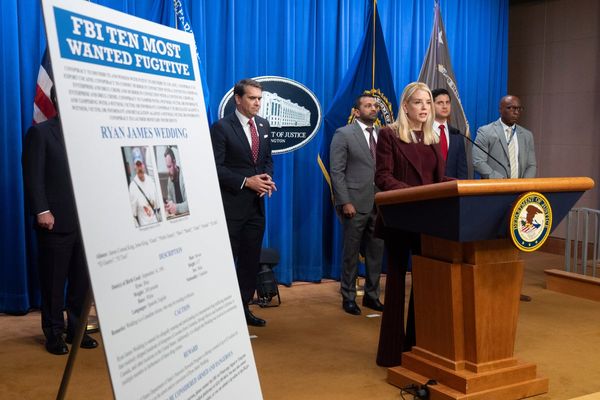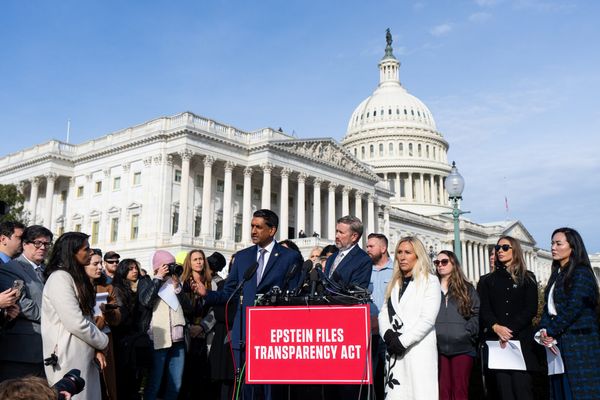
This time last year, I was heading to a school reunion. The lead-up to the event elicited a torrent of recollections.
A thought-provoking outcome of sharing stories with people I have barely thought about in decades was the realisation of just how individual, unique and incomplete our memories can be.
I know some people find the prospect of school reunions terrifying. I’m fortunate that high school was an OK time for me. I was studious, had a great group of friends and was perhaps protected from some adolescent angst by the fact I was a full year younger than everyone else.
As the event approached, I teamed up with friends I’m still in regular contact with to try to place the various ex-classmates into the reunion-planning group chat. Being at high school in the 1980s meant we preceded the social media era where it’s easy to keep connections.
Unlike private schools, we never had a formal alumni program. In fact, our school doesn’t even exist any more, thanks to being “Jeffed” during the 1990s Kennett era of school mergers and closures in Victoria.
As I travelled to Melbourne from far northern New South Wales, I thought about various events from my school years that would be fun to share with my former classmates.
The memories were decidedly adolescent-themed; like how shocked I was by two students who fuelled their year 12 studies with No-Doz caffeine tablets. Similarly, I wanted to share about how impressed I was during year 11 camp by those who drank alcohol from tin mugs around the campfire, who avoided being caught and punished like others who snuck their drinks away.
I was also keen to revisit the shared saga of how – in my memory – we were dismissed from school only to be enveloped in the great Melbourne dust storm of 1983.
I expected to have some fun sharing these recollections but, instead, I was disconcerted to repeatedly discover my memories didn’t stand up to others’ retellings.
It turns out some of my memories only scratched the surface of the truth; with one of the No-Doz-takers revealing these tablets were the lightest of the drugs he and his friend took during our school years. Other memories proved to be as insignificant to the other parties as they were life-changing for me, illustrated by one of the campfire alcohol drinkers having no memory of their actions.
Yet more of my memories turned out to be somewhere between inadequately recalled or plain wrong. I clearly remember being told by teachers to leave school mid-afternoon on 7 February 1983 in order to get home before the dust storm. Yet others recall being locked inside and watching the day turn to darkness from classroom windows as teachers screamed.
Given my research showed the storm approached right at the end of the school day, perhaps the truth lies in the middle. One woman admitted she chose to ignore announcements made to departing students to head back inside. Yet, I can’t imagine I – an obedient non-risktaker – would have been this brave, leaving my memories and understanding of this event almost as hazy as the skies were that day.
So beneath the chat, hugs, laughter, selfies, serious conversations and even a few tears, the reunion turned out to be as thought-provoking as it was fun. Even when dealing with relatively light memories unaffected by trauma, substance use or external pressures to remember things a certain way, my memories turned out to be scarily fickle, situation-specific and labile.
It’s tempting to want to defend the veracity of our recollections, as memory is effectively our personal versions of the truth. Yet sharing (or not sharing) details of past events with old classmates has left me more open to accepting that, philosophically speaking, we can never fully rely on our memories.
It’s also left me very glad that I’ve had no need to testify in a court case. I’m not sure I would trust my memory enough to feel sure I could tell the whole truth.
The reunion did unearth one standout contrast to my woolly and even discombobulating experiences of memory, courtesy of the one person who was significantly older than my ex-classmates.
Despite having taught me English for only one year nearly 40 years ago, Mr Lyons floored me by recalling that I had three sisters and told me how much he enjoys reading my articles.
So, after musing on memory for a full year after the reunion, I would like to award Mr Lyons an A+ in the subject of amazing high-school teachers. And, I have set myself the ongoing homework of reading and understanding more about the incredibly complex world of memory.
• Vivienne Pearson is a freelance writer. Her writing lives at viviennepearson.com







